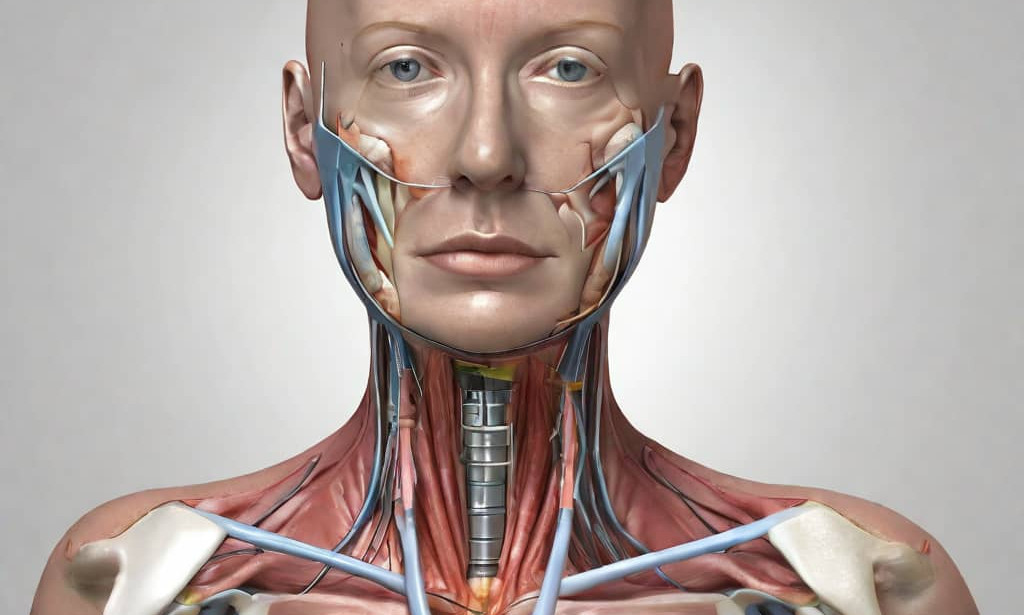In today's digital age, social media has become an integral part of our daily lives. While it offers numerous benefits, such as staying connected with friends and accessing information, there is growing concern about its impact on mental health. In this article, we will delve into the effects of social media on mental well-being, explore the potential risks, and discuss strategies for maintaining a healthy relationship with these platforms.
1. The Influence of Social Media on Mental Health:
Social media platforms have a profound influence on our thoughts, emotions, and behaviors. The constant exposure to carefully curated posts, idealized lifestyles, and comparison to others can have a detrimental impact on mental health, leading to feelings of inadequacy, anxiety, and depression.
2. The Illusion of Perfection:
One of the primary factors contributing to the negative impact of social media on mental health is the illusion of perfection. Users often showcase their best moments, creating an unrealistic portrayal of their lives. This can lead to feelings of inadequacy and low self-esteem when comparing oneself to these seemingly flawless online personas.
3. Fear of Missing Out (FOMO):
Social media platforms are designed to keep users engaged and connected, but this constant connectivity can also trigger the fear of missing out (FOMO). Seeing others' highlight reels can intensify feelings of exclusion and loneliness, impacting mental well-being.
4. Cyberbullying and Online Harassment:
The anonymity and accessibility of social media can facilitate cyberbullying and online harassment, which can have severe consequences for mental health. Victims of online abuse may experience increased stress, anxiety, and even develop symptoms of depression.
5. Addiction and Digital Detox:
Social media platforms are engineered to be addictive, leading to excessive usage and a decreased ability to disconnect. The constant need for validation through likes and comments can negatively impact self-esteem. Engaging in regular digital detoxes, setting boundaries, and finding healthier offline activities can help break the cycle of addiction.
6. Social Comparison and Self-Esteem:
Comparing oneself to others on social media can erode self-esteem and fuel feelings of inadequacy. It is essential to remember that social media is a curated version of reality and does not reflect the entirety of someone's life. Practicing self-compassion and focusing on personal growth rather than comparison can help protect mental well-being.
7. Positive Aspects of Social Media:
While social media has its drawbacks, it also offers positive aspects that can enhance mental health. It can provide a platform for support, connection, and the dissemination of mental health resources. Engaging with positive and uplifting content, following accounts that promote well-being, and actively participating in online communities can contribute to a more positive social media experience.
Social media has undoubtedly revolutionized the way we connect and share information, but its impact on mental health should not be overlooked. It is crucial to be aware of the potential risks and take proactive steps to protect our mental well-being while using these platforms. By fostering a healthy relationship with social media, setting boundaries, and prioritizing self-care, we can navigate the shadows and ensure our mental health remains a top priority in the digital era.


You must be logged in to post a comment.